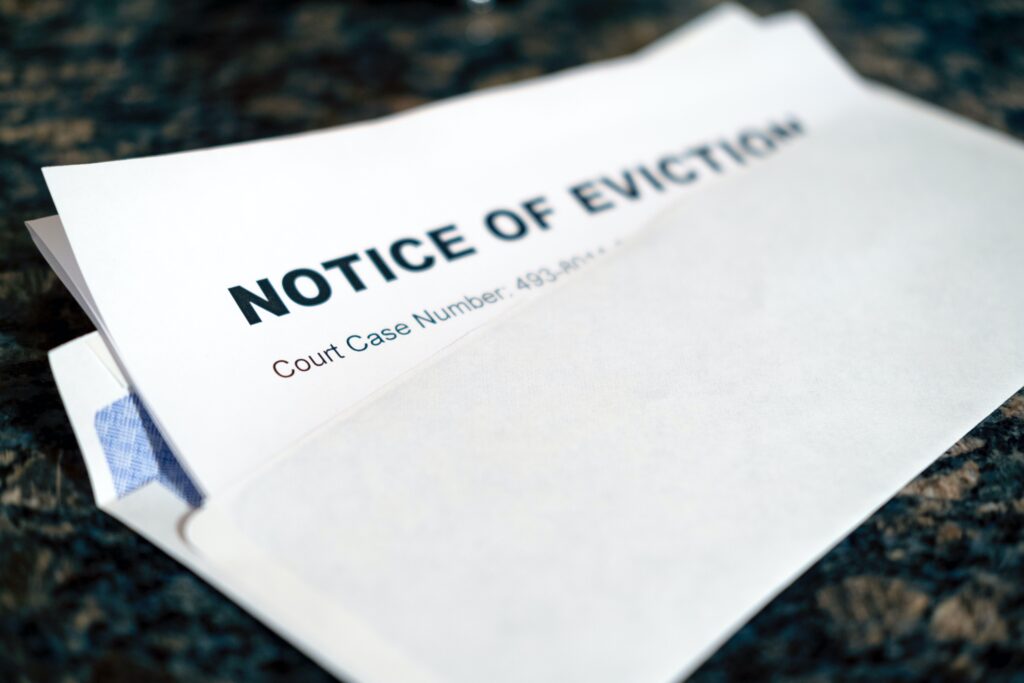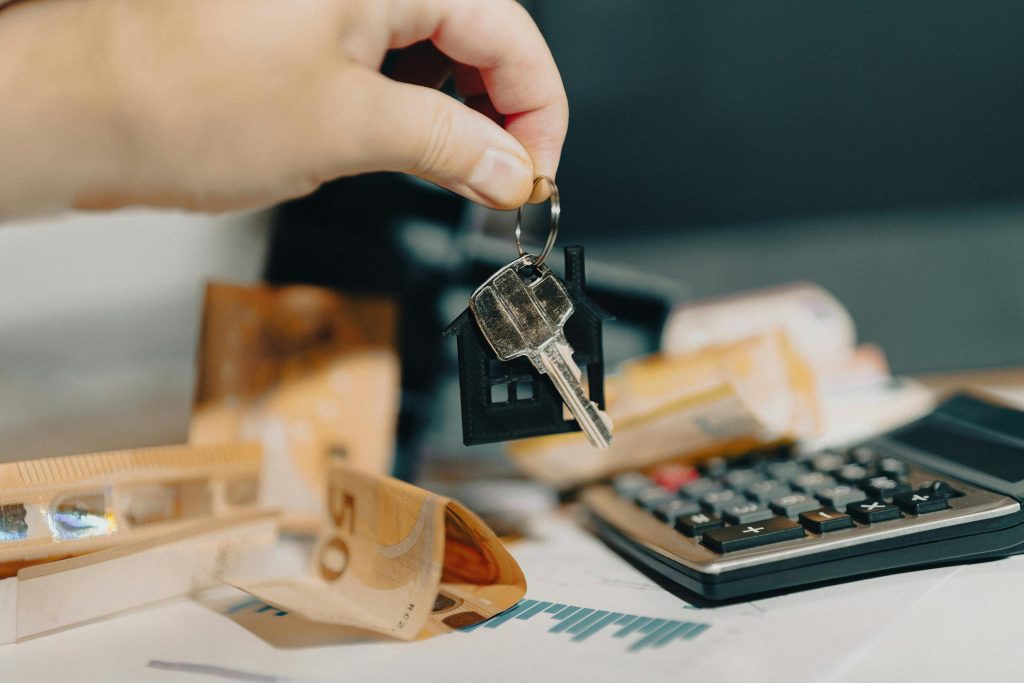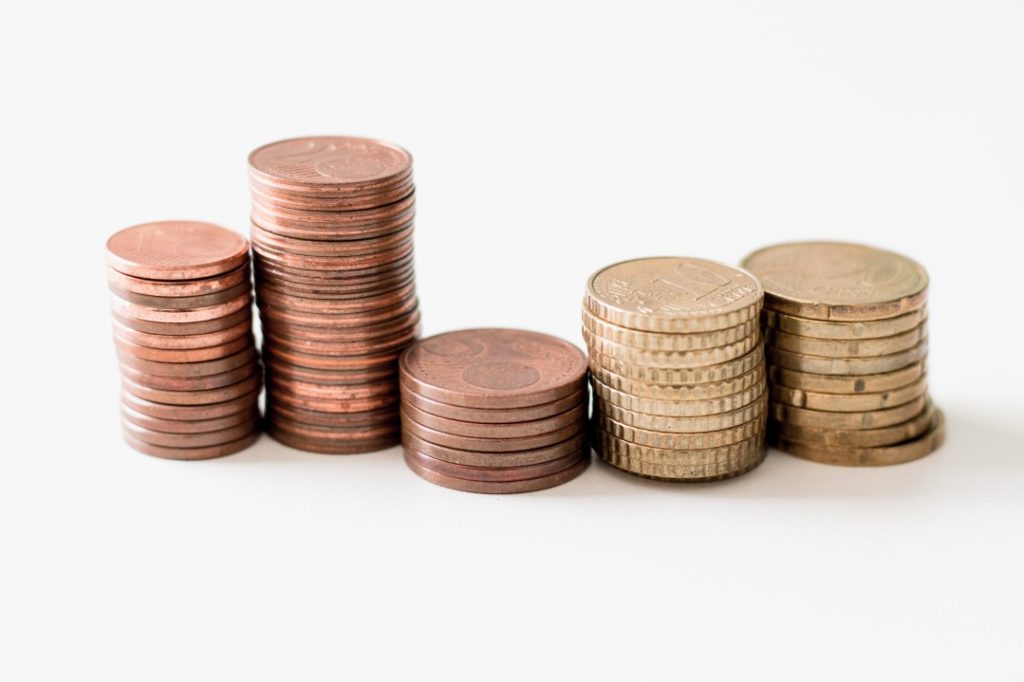Capital gains tax (CGT) applies when you sell or dispose of an asset that’s increased in value. It’s the gain you’ve made that’s taxed, not the total amount you receive. Many people wonder if they can avoid declaring these gains and if HMRC will find out. Let’s look at the risks and realities of not declaring CGT.
What counts as a capital gain?
You might need to pay CGT when you sell:
- Shares that aren’t in an ISA or PEP
- Most personal possessions worth £6,000 or more, apart from your car
- Your main home if you’ve let it out, used it for business or it’s very large
- Business assets
You don’t usually need to pay tax on gifts to your spouse, civil partner or a charity. There’s also an annual tax-free allowance of £6,000 for capital gains tax (CGT) in the UK.
How HMRC tracks capital gains
HMRC has sophisticated systems to detect undeclared gains. They use:
- Land Registry data
- Information from banks and building societies
- Online marketplace data
- Social media activity
They can spot discrepancies between your declared income and your lifestyle. If you suddenly buy an expensive car or go on luxury holidays without a clear source of income, it might trigger an investigation.
What are the risks of not declaring?
Failing to declare capital gains is illegal. If caught, you could face penalties of up to 100% of the tax due, or there may be interest charges to pay back on top of the amount owed. In some very serious cases, the HMRC can proceed with criminal prosecution.
They can go back up to 20 years to investigate tax affairs if they suspect deliberate non-compliance. Therefore, it’s important to be transparent about any Capital Gains Tax you may owe. And if you’re not sure, seek financial advice.
Common excuses don’t work
Some people think they can avoid CGT by gifting assets to family members, selling assets in small chunks over time or using offshore accounts. HMRC, however, is wise to these tactics. They also have international transparency agreements to share financial and banking information, making it harder to hide money abroad.
How likely is it that I will be caught if I don’t pay?
While exact probabilities aren’t publicly available, HMRC has a substantial success rate when investigating potential evasion cases.
A 2019 report indicated that HMRC brought in around £34 billion from tackling avoidance, evasion, and non-compliance from the 2018-19 tax year.
So while the risk of being caught varies, tax evaders do face a significant chance of being caught, especially if their actions are substantial or span multiple years.
What you need to know about HMRC’s ‘Connect’ system
HMRC uses a powerful data analysis system called ‘Connect’. It cross-references billions of pieces of information from various sources, including:
- Banks and building societies
- DVLA
- Land Registry
- Companies House
- Social media platforms
The system can flag up inconsistencies that might indicate undeclared income or gains. If this were to happen, the HMRC could begin an investigation into whether or not you’re liable for Capital Gains Tax.
How to correct a non-declaration
If you’ve failed to declare capital gains, don’t panic. HMRC often looks more favourably on voluntary disclosures. Start by gathering all relevant information about the asset sale and your gain. Then, contact HMRC directly or use their Digital Disclosure Service. For recent undeclared gains, you might be able to amend your tax return online.
For older issues, consider the Certificate of Tax Position or write to HMRC explaining the situation. Be prepared to pay the tax owed plus interest. Penalties may apply, but they’re often reduced for voluntary disclosures. If in doubt, seek advice from a tax professional to navigate the process.
Capital Gains Tax for expats and non-residents
UK expats and non-residents may still be liable for CGT on UK property sales. Since April 2015, non-residents must pay CGT on UK residential property gains. They need to report and pay any CGT within 60 days of selling.
For other UK assets, the rules depend on your residency status. If you’re a UK expat, you might be liable for CGT on worldwide assets. Double taxation agreements can prevent you paying tax twice on the same gain. These agreements vary by country, so check the specific treaty. You may be able to claim tax relief in the UK or offset tax paid elsewhere against your UK liability.
Capital Gains Tax and property
For most people, the topic of Capital Gains Tax arises when it comes to selling property, but how does it work?
You’ll pay CGT when selling a property that’s not your main home, like a buy-to-let or second home. You might also owe CGT if you’ve used part of your main home exclusively for business.
No CGT is due on your main residence thanks to Private Residence Relief. It covers the entire property and usually applies even if you’ve moved out, as long as you sell within nine months of leaving.
Remember, you only pay CGT on the profit—the difference between the purchase and sale prices, minus certain allowable expenses.
Currently, Capital Gains Tax (CGT) rates for residential property in the UK are structured as follows:
- Basic Rate Taxpayers: If your taxable income is within the basic rate band (£12,571 to £50,270), you will pay 18% on gains from residential property.
- Higher or Additional Rate Taxpayers: If your taxable income exceeds £50,271, you will pay 24% on gains from residential property. This rate was reduced from 28% as of April 6, 2024.
It’s worth noting that the annual tax-free allowance for capital gains has been reduced to £3,000 for the 2024/2025 tax year. The allowance can be deducted from your total gains before calculating the CGT owed.
What is the ‘property disposal return’?
Since April 2020, you need to report and pay CGT on UK residential property sales within 30 days of completion. This ‘property disposal return’ makes it harder to avoid declaring gains on property sales.
Selling your property with Property Rescue
If you need to pay Capital Gains Tax on another property or are selling a buy-to-let or second property and want to offload it quickly so you can pay the CGT, Property Rescue can help. We offer a quick cash sale option for homeowners needing a fast, guaranteed transaction.
Even better, we can exchange contracts within as little as 48 hours, but we can work to whatever timescale you choose. There are no estate agent fees, EPC costs, or legal fees to pay—in fact, we cover everything.
Property Rescue buys properties in any condition, so you don’t need to spend on repairs or renovations. And we’re regulated and emphasise discretion. The process involves an initial valuation, a home survey and then completion. Get a free, no-obligation quote to see how much your home is worth.
Voluntary disclosure
If you’ve failed to declare capital gains, it’s better to come clean before HMRC catches you. The ‘Let Property Campaign’ allows landlords to voluntarily disclose unpaid tax. While not specific to CGT, it shows that HMRC often offers chances to rectify mistakes.
When voluntary disclosure is made, penalties are usually lower than if HMRC discovers the underpayment themselves.
The ‘nudge letter’ approach
HMRC often sends ‘nudge letters’ to taxpayers they suspect might have undeclared income or gains. These letters prompt you to check your tax affairs and make any necessary disclosures.
Receiving a nudge letter doesn’t mean you’re under investigation, but ignoring it could lead to one.
International information sharing
The Common Reporting Standard (CRS) allows tax authorities in over 100 countries to automatically exchange financial information. As a result, it’s much harder to hide money or assets abroad. If you have overseas assets, HMRC likely knows about them. They might be waiting to see if you declare them correctly.
Digital record keeping
HMRC is moving towards digital tax accounts for all taxpayers with the aim of making it easier for them to spot discrepancies and undeclared gains. They’re also encouraging businesses to keep digital records, which will provide them with more accurate, real-time information.
The myth of the ‘small amount’
Some people think HMRC won’t bother with small undeclared gains. This is a risky assumption. While HMRC might focus more on larger cases, they can and do pursue smaller amounts, especially if they suspect deliberate non-compliance.
Time limits for investigations
HMRC can normally go back up to four years to investigate your tax affairs. This extends to six years if they suspect careless behaviour, and up to 20 years for deliberate non-compliance.
So even if you’ve got away with not declaring gains in the past, you’re not necessarily in the clear.
The cost of getting caught
If HMRC discovers undeclared gains, you’ll have to pay:
- The original tax owed
- Interest on the unpaid tax
- Penalties, which can be up to 100% of the tax due
In severe cases, you could face criminal prosecution and even jail time. This is unlikely, especially if you’re compliant with investigations, but it’s still a possibility and something worth noting when it comes to issues surrounding Capital Gains Tax.
Using accountants and tax advisers
Many people think using a professional absolves them of responsibility. However, you’re still legally responsible for your tax affairs, even if you use an accountant or tax adviser. What good accountants and advisors can do is provide good advice and steer you in the right direction so you don’t make mistakes in regards to any type of tax payments. Choose your advisers carefully and always check their work.
The importance of record keeping
Keeping good records is necessary. If HMRC investigates, you’ll need to prove your calculations. Poor record keeping can lead to penalties, even if you haven’t deliberately under declared.
Keep records of:
- Purchase and sale documents
- Improvement costs
- Incidental costs of purchase and sale
Summary: Paying the gains
While it might be tempting to not declare capital gains, the risks far outweigh any potential benefits. HMRC has powerful tools at its disposal to detect undeclared income and gains. With international information sharing agreements and sophisticated data analysis systems, the chances of getting caught are higher than ever.
If you’re unsure about your CGT liabilities, seek professional advice. It’s always better to be compliant from the start than to face the consequences of non-declaration later.









